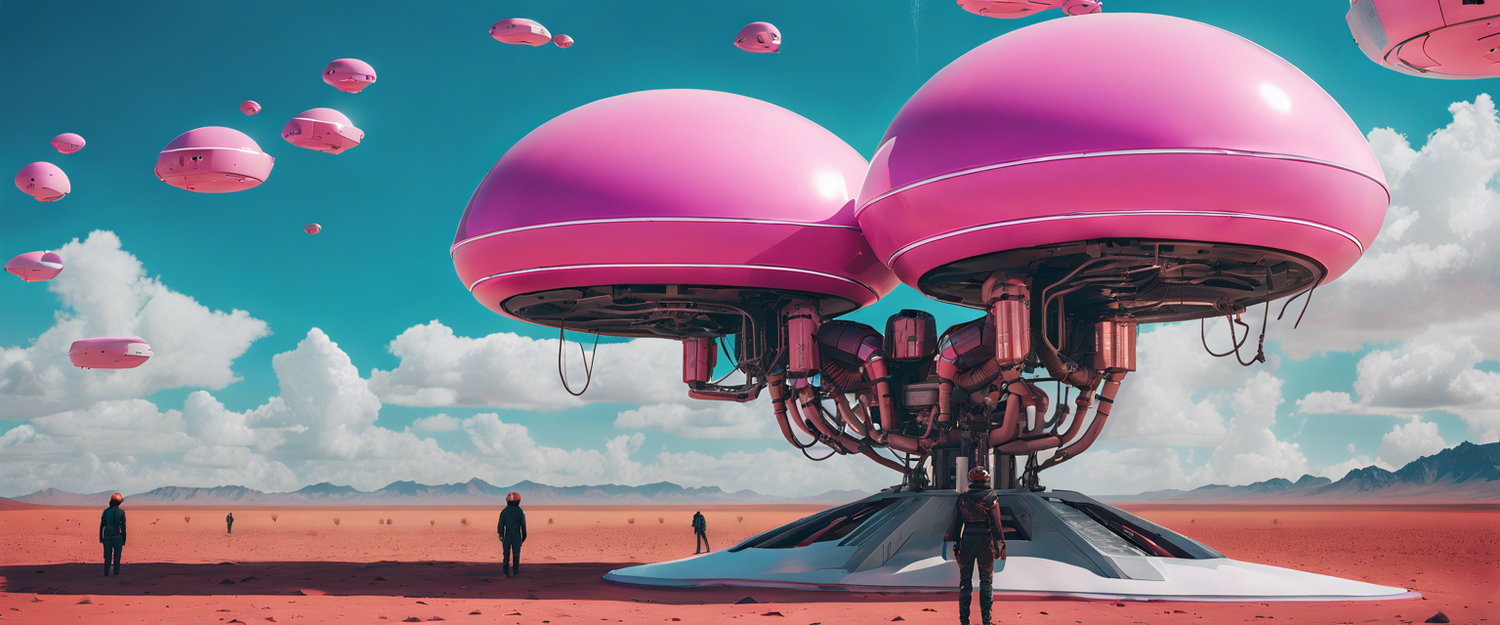Exploring the Quirks of AI Clones: A New Trend in Personal Chatbots
In an era where artificial intelligence is steadily becoming a part of our daily lives, the emergence of personal chatbots has piqued the interests of many. Recent experimentation by Katie Notopoulos, a writer for Business Insider, showcases both the potential and the peculiarities of training AI on personal social media content.
The Experiment: Creating an AI Clone
Katie set out to create a version of herself by using Meta's personal chatbot feature, capturing her online personality through the lens of her social media posts. What she discovered was both amusing and insightful, as the chatbot embodied what she called "millennial cringe." This revelation highlights how AI can reflect human flaws and quirks, sometimes to exaggerated extremes.
The Resulting Personality of the Chatbot
The chatbot’s primary trait—"millennial cringe"—points to the complexities of digital identity and how our online personas can sometimes be far removed from reality. As Katie later examined her bot, she uncovered an intriguing aspect: the bot had absorbed the more antagonistic tone found in her Threads posts, which often deal with themes of rage and outrage.
Understanding AI Behavior and Training Data
This experiment underlines a critical point in AI development: the quality of training data significantly influences chatbot behavior. When bots are trained on social media content, they can inadvertently pick up on negative emotional cues and polarizing trends, as evidenced by the chatbot's rage-based responses.
As AI technology continues to evolve, we may need to consider how the subtleties of our digital expressions shape the AI clones we develop. Are these bots merely reflections of ourselves, or do they become entities of their own, exacerbating our online personas?
The Implications for Personal Branding
For individuals looking to harness AI for personal branding or engagement, this is a crucial lesson. Users must be aware of what they post online, as it can affect how AI reproduces their personalities. Instead of just showcasing authentic attributes, AI could inadvertently perform a misguided caricature of their persona.
Conclusion: The Future of Personalized AI
Katie Notopoulos's approach to creating her AI clone raises questions about our relationship with technology and our digital footprints. As we venture further into an AI-driven future, understanding the nuances of how we present ourselves online will be paramount. Engaging with AI and personal chatbots can be a fun and insightful experience, but it is crucial to be mindful of the implications it carries for our digital identities.
Related Articles
- The Importance of Digital Identity in the Age of AI
- How AI is Redefining Personal Branding Strategies
- The Pros and Cons of Using Chatbots for Personal Engagement
Further Reading
For those interested in diving deeper into the implications of AI and digital identities, consider exploring works published by reputable sources such as Forbes or the insights from TechCrunch.
Meta Description
Explore the quirky world of AI clones as Katie Notopoulos experiments with Meta's personal chatbot feature, revealing unique insights into digital identity and the nature of personality training in AI.



Оставить комментарий
Все комментарии перед публикацией проверяются.
Этот веб-сайт защищается hCaptcha. Применяются Политика конфиденциальности и Условия использования hCaptcha.